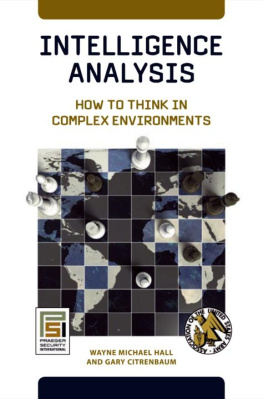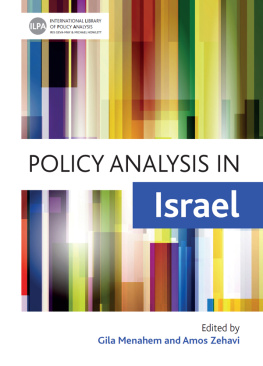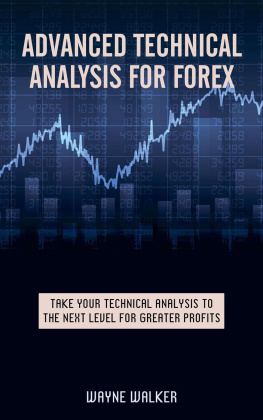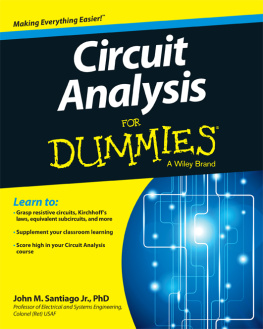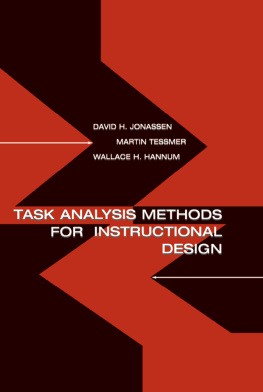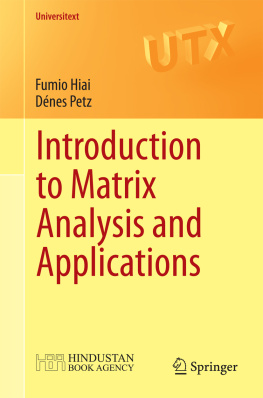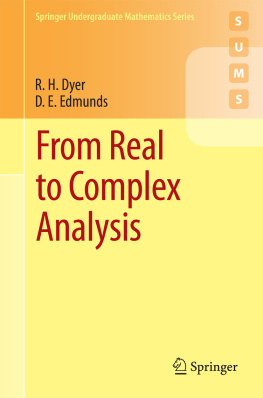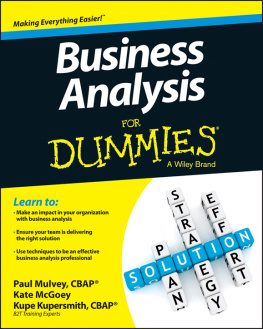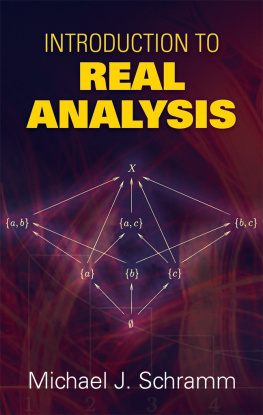Wayne Michael Hall, Brigadier General (Retired), U.S. Army and Gary Citrenbaum, Ph.D.
Foreword by Patrick M. Hughes, Lieutenant General (Retired), U.S. Army
An AUSA Book




Part I: The Continuous War of Wits
Part II: Advanced Analysis-In Detail
Part III: System of Thought
Do not go where the path may lead, go instead where there is no path and leave a trail.
Ralph Waldo Emerson
Brigadier General Wayne M. "Mike" Hall (U.S. Army, Retired) has followed the literal and spiritual advice of Emerson; this book represents breadcrumbs and footprints, broken branches and turned rocks, and spots of blood along a newly blazed trail of intelligence knowledge. All you, dear reader, have to do is follow the signs and discern the portents.
Those of us who have engaged in the function of "analysis"-working to determine the nature and imminence of threats to our nation and to our forces and capabilities that go in harm's way-know that the quality of thought and the application of sound reasoning applied to the complex and dynamic conditions we encounter are the most important variables in the work of describing, characterizing, anticipating, and forecasting what has happened and will happen next. A quotation from an uncertain source points up the challenge: "Forecasting is risky business, especially about the future." To paraphrase this thought: Training people to think in the crucible of contemporary warfare and the alleyways of terrorism is very demanding indeed, especially when the enemy does not cooperate.
Brigadier General (U.S. Army, retired) Wayne M. "Mike" Hall, the principal author, and Dr. Gary Citrenbaum, his collaborator, have met this challenge head on, through the noble endeavor of communicating knowledge borne of direct personal experience and vicarious study. Their work is a template for analytic action and cognitive success. Their effort provides a set of ideas and principles that any practitioner of analysis can apply in their own way. It also provides room for both immutable standards and freedom to conceive and imagine. In short, this is a handbook for understanding that which might otherwise seem incomprehensible. You can see and know the enemy through the intellectual and perceptive prism they have provided.
After reading this epic work on "advanced analysis," a deep and sweeping look at the disciplines of observing, thinking, interpreting, describing, and finding meaning and import-we can readily imagine the authors, each tormented by contemporary challenges and shortcomings, spilling their best thoughts and impressive experience onto the professional canvas of intelligence analysis in the hope of enhancing (and perhaps fundamentally changing) the work that analysts perform.
This book is filled with glittering gems of insight, like the fact that "links decay," and the idea that "anticipation is the essential aspect of initiative." One chapter is impressively titled "Solutions." Another chapter on "Critical Thinking" concludes with a most unusual admonition: "If done correctly, critical thinking is a powerful force. But, to engage in critical thinking fully, the intelligence analyst has to be humble and introspective. They must also see and take on constructive criticism and improve their cognitive performance." This is very human work.
What Mike Hall has done is something many others have aspired to do, but few have accomplished: he has set forth an impressive collection of ideas and concepts, and the mechanical detail of how to undertake the attendant functions-in a way that resembles the kind of enduring thought and wisdom that is the stuff of "principles," those dependable enduring precepts that guide us through our endeavors.
These fungible "principles of analysis" may not be perfect, but they are clearly better than anything else that currently exists in one accessible volume (or anywhere else for that matter). This is one of the important aspects of Mike Hall's effort. He has put the full scope of analysis in a single volume in a way that flows from beginning to end as an interconnected and synergistic set of innovative methods, procedures, and concepts. This work has no functional limit-it can be applied in part or in its entirety as a vital source of direct information and motivational ideas. It can be used to do the work-now and in the future-that analysts do, at any level: national, strategic, operational, tactical, and individual.
His work is encyclopedic-and provides both gritty detail and broad substance for the art and science that we call "analysis." He provides a framework for "critical thinking" that is brilliant. He deals with the idea of "complexity" -a construct that contemporary conditions and circumstances compel us to come to grips with-in a realistic and utilitarian way. He discusses "analytic conditions" with rare candor and insight, and one immediately understands that he has "been there and done that."
He develops the elements of "risk management" and "uncertainty" in the context of decision-making in a way that will clearly assist the inexperienced and the expert. He speaks intimately to analysts ... using the old but well-proven dictum to "know your enemy." He recognizes the fact that a single human mind cannot possibly deal adequately with all the information available now from our sensors, sources, and methods, advocating the need for a "virtual knowledge environment," to assist in the cognitive and collaborative challenges of the modern complex operational environment.
One of the best aspects of this book is the presentation and explanation of sometimes obscure, esoteric, and arcane terms-but terms every analyst must know and come to use nonetheless. This book is a dictionary and a lexicon, a thesaurus, a workbook, a glossary, and an intellectual map through the wasteland of failed thought and vapid misperception. It provides a cognitive toolkit of words that reflect meaning and ideas, which empower the reader to undertake insightful thought and deliberate reason, using a common set of terms. Without something like this book, we are collectively a tower of analytic Babel. With it we have something like a combination of the Rosetta stone, the compass, the flashlight, and the microscope, connected to the best minds (the analysts) to aid them in achieving the singular goal of coherence.

